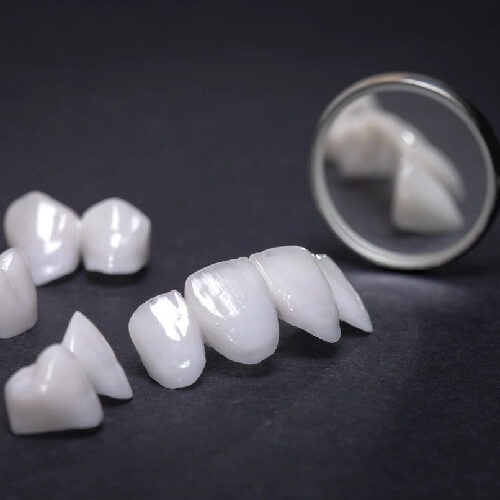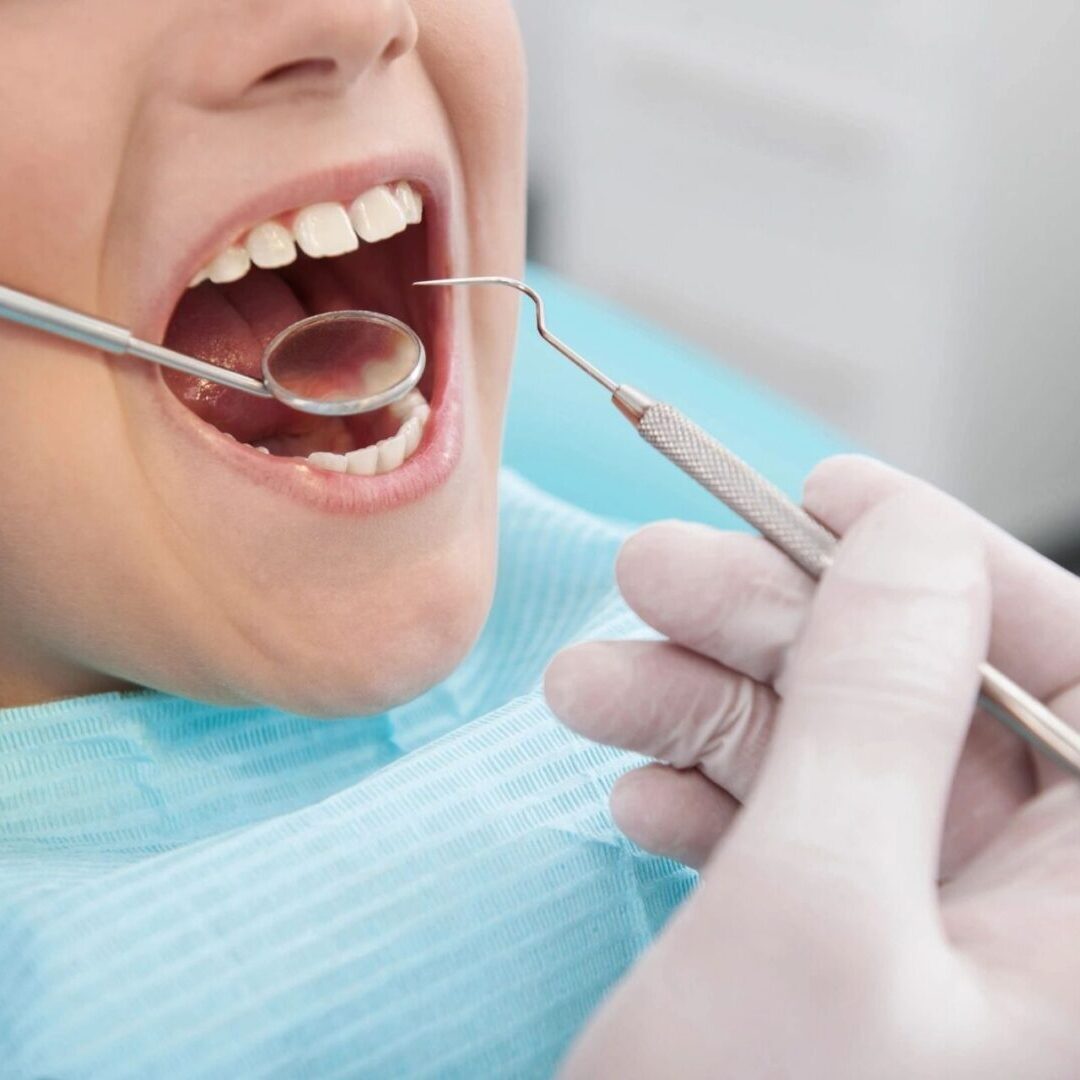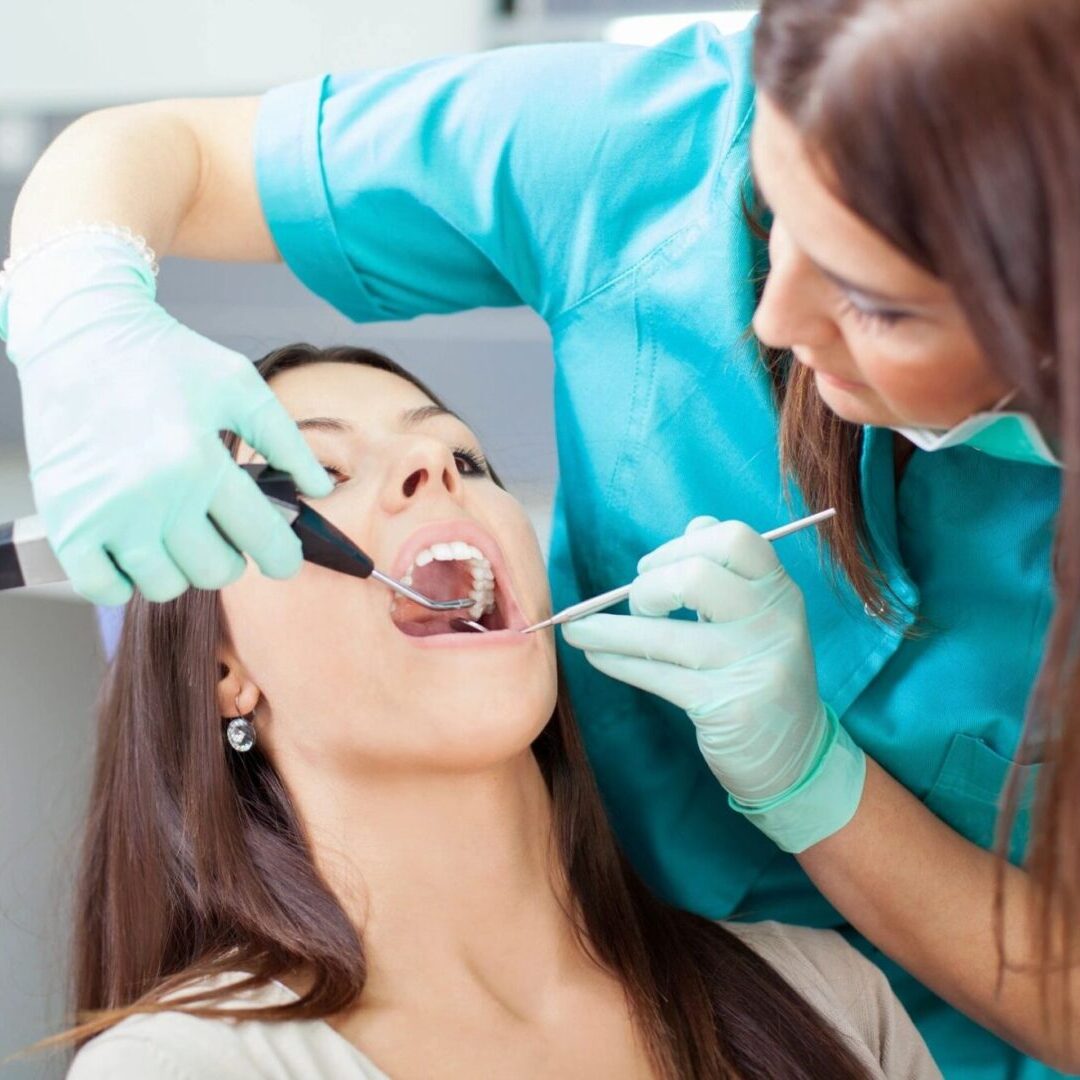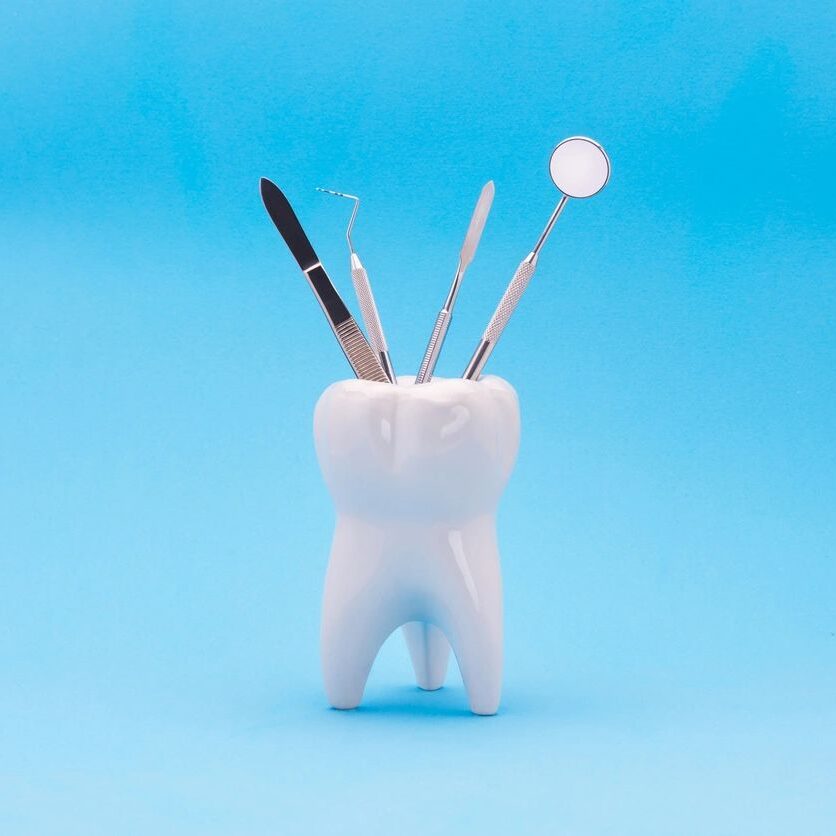Learn About Our Wisdom Teeth Removal Procedure
What are Wisdom Teeth?
Wisdom teeth, or 3rd molars, are the last teeth to develop and appear in the mouth. They are called “wisdom teeth” because they usually appear during a person’s late teens or early twenties, which has been called the “age of wisdom”. The normal position of wisdom teeth is behind the upper and lower second, or 12 year, molars. Many times the jaws of modern humans are not normally large enough to accommodate the four wisdom teeth. This is why wisdom teeth cause more problems than any other teeth in the mouth. In fact, for nine out of ten people at least one wisdom tooth remains underneath the gum due to lack of space in the mouth.
Raritan Bay oral and maxillofacial surgery in Woodbridge, NJ offers the full scope of oral and maxillofacial surgery procedures, including the wisdom teeth removal. Dr. Flugrad is an experienced oral and maxillofacial surgeon that provides quality care in a safe and sterile environment. We encourage you to call our practice to schedule a consultation and see for yourself how Raritan Bay Oral and Maxillofacial Surgery is dedicated to your best outcome.

Wisdom Teeth Removal Process
Your first appointment will begin with a complete oral evaluation. Diagnostic images may also be taken at this time. A treatment plan will be created just for you based on the position of your teeth, the type of anesthesia to be used, and personal preferences.
The initial appointment is an ideal time to address any questions or concerns you may have. We will make sure to provide you with pre-operative instructions so you can prepare for your procedure in a safe and healthy way. You may also review these instructions online.
Anesthesia Options
The most common anesthesia option for wisdom teeth removal is a combination of IV sedation and local anesthesia, but other options are available and can be discussed with you. The anesthesia chosen for your wisdom teeth removal procedure will be based on your medical history and personal preference, among other factors.

Raritan Bay Oral and Maxillofacial surgery offers the following options for a safe and comfortable procedure:
Local anesthesia is a popular choice because the patient remains numb in and around the surgical area only. Because local anesthesia is localized to the surgical site, it allows the patient to stay awake and completely comfortable. Nitrous oxide can be used with local anesthesia to feel more at ease.
Nitrous oxide is also known as laughing gas. Patients who opt for nitrous oxide often desire to feel more relaxed about their procedure while remaining conscious. This type of sedative is inhaled through a mask that fits around the mask and nose. It is commonly used with local anesthesia.
Intravenous (IV) sedation is administered directly into a vein. Many wisdom teeth and dental implant patients opt for IV sedation because it acts quickly and allows the patient to enter a deeply relaxed state. Although a sleep-like state is achieved through IV sedation, the patient does not lose consciousness. However, one of the most common side effects is amnesia – meaning that most patients do not remember their oral surgery procedure.
Surgical Procedure
If a wisdom tooth has already developed and erupted through the gums, removal will be like any other tooth extraction. However, if the wisdom teeth are still underneath the gums, surgical extraction is a more invasive and necessary approach.
Your surgical procedure will begin with the administration of the anesthesia. The anesthesia used will have been selected during the consultation appointment. Once the effects of the anesthesia have taken place and you are completely comfortable, your oral surgeon will make an incision through the gums to expose the tooth. Depending on their location, size, and developmental stage, the tooth may be removed whole, or broken into smaller pieces before removal. Once the wisdom teeth have been extracted, the surgical sites are closed with stitches.
Patients who opt for IV sedation must have a responsible adult present to drive them to and from the surgical procedure. This adult must also be able to monitor you until the entire effects of anesthesia have worn off.

After Surgery
Raritan Bay Oral and Maxillofacial Surgery cares about achieving your oral health goals. Following your post-operative instructions is extremely important to your best outcome. Before your surgery, we will guide you through your aftercare and provide pre-and post-operative instructions at your consultation appointment.
In the immediate days following your oral surgery procedure, a soft food diet and a little extra care to your mouth are recommended. Following your instructions will promote healing and minimize the risk of complications. If you have any questions about your care before or after your surgery, please call our office for assistance.
Wisdom Teeth Removal Cost
Raritan Bay Oral and Maxillofacial Surgery tailors every treatment plan to create the best possible outcome for every patient. The cost of your individual treatment plan takes important factors into consideration such as how many teeth will be extracted, anesthesia selection, insurance coverage, and more.
We work with many insurance plans and accept several options of payment so our patients can achieve their oral health goals at a reasonable cost. Learn more about our Financial & Insurance Options by visiting our page or call our office for further assistance.
To receive the most accurate estimate of your treatment plan, schedule a consultation appointment at our Woodbridge, NJ practice. Dr. Flugrad will perform a thorough oral evaluation and determine the treatment plan that is right for you.
If wisdom teeth removal has been recommended for your or your child, please give our office a call to schedule a consultation.


Investing in Your Oral Health
When wisdom teeth are left untreated, they can cause a host of complications, such as impaction, dental crowding and shifting, pain, infection, and more. Orthodontic and oral surgery treatment for these complications can become costly. Patients can preserve their oral health by proactively having their wisdom teeth removed.
Most dental health professionals recommend wisdom tooth extraction at an age where the wisdom teeth have not fully developed and grown into the mouth. Younger patients who undergo wisdom tooth extraction tend to have an easier recovery. When patients recover faster, they can get back to their normal activities and routines earlier.
If you or your child have been recommended for a wisdom tooth extraction, please call our office in Woodbridge, NJ, to schedule a consultation with Dr. Flugrad. We work with many insurance plans and accept several options of payment so our patients can achieve their oral health goals at a reasonable cost. We look forward to caring for you and your family at Raritan Bay Oral and Maxillofacial Surgery.
Wisdom Teeth Removal FAQ
Impaction occurs when a tooth is partially or completely trapped beneath the gums. Unfortunately, this happens a lot for wisdom teeth. Impacted teeth can cause issues such as infection, pain, dental shifting, and more. Signs of impaction commonly include:
- Pain, pressure, and/or swelling near the back of the jaw
- Pain when opening mouth
- Persistent bad breath or unpleasant taste in the mouth
If your wisdom teeth are impacted or if you are experiencing signs of impaction, call Raritan Bay Oral and Maxillofacial Surgery. Dr. Flugrad can see you for a consultation appointment and determine the right treatment plan for you.
Unfortunately, impacted teeth cannot be prevented, but you can prevent oral health complications that can occur from impaction, such as pain, infection, dental shifting, and more. Schedule regular checkups with your family dentist and practice good oral hygiene at home, such as brushing and flossing. Your dentist can monitor the growth and development of your teeth and can refer to an oral and maxillofacial surgeon for treatment before problems arise or become major complications.
It’s a good idea to see your dentist for checkups twice a year for routine cleaning and oral health exam. For children, seeing their family dentist is essential to oral and overall health – their teeth, jaws, and bone structure are constantly growing and developing! These dental visits allow your dentist to monitor these important developments, including wisdom teeth that may not have erupted from the gums. Your dentist will monitor the wisdom teeth as they develop, and will refer to an experienced oral surgeon when the time is right for extraction.
As always, if you or your child are experiencing any oral health issues in between your regular checkups, such as discomfort, pain, swelling, persistent bad breath, etc., we encourage you to schedule a dental examination as soon as possible. Many serious complications can be avoided through prompt treatment of any oral health issues that may arise.
At Raritan Bay Oral and Maxillofacial Surgery, we do everything we can to ensure our patients are completely at ease before, during, and after their procedure. For most wisdom teeth extractions, a combination of intravenous (IV) sedation and local anesthesia is used. However, some discomfort is to be expected during recovery from any oral surgery procedure. To manage the pain, medication may be prescribed, but many patients find that over-the-counter medications are all they need.
Not necessarily. In general, people just don’t have the extra room in their mouths to accommodate four extra molars. However, wisdom teeth are known for causing a lot of oral health problems if they are left untreated. Seeing your family dentist regularly ensures that your wisdom teeth will be monitored closely, and appropriately recommended for extraction when and if the time comes.
Oral and maxillofacial surgeons receive specialized training and education beyond dental school to successfully perform the full scope of oral and maxillofacial surgery procedures, including wisdom teeth removal. They are also trained to safely administer anesthesia, which ensures safety and comfort for their patients.
In general, patients can resume their normal routines within two to four days of their wisdom tooth extraction procedure. Pre-operative and post-operative instructions will be provided to ensure you have a smooth recovery, promote healing, and minimize the chance of complications — all of these things will get you back to your normal activities sooner!

